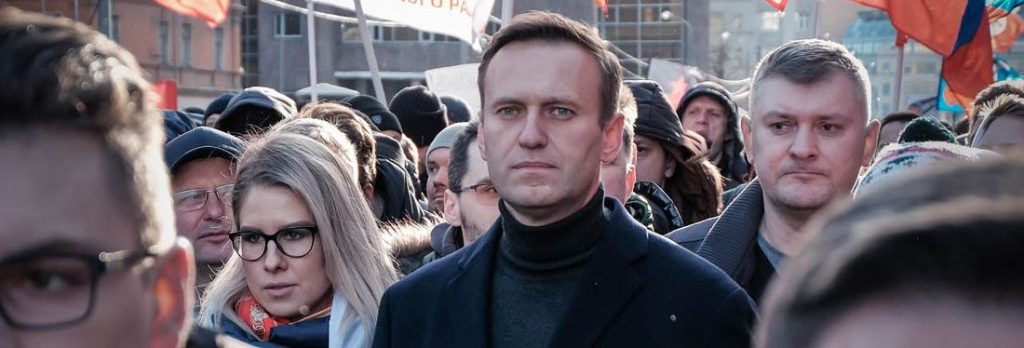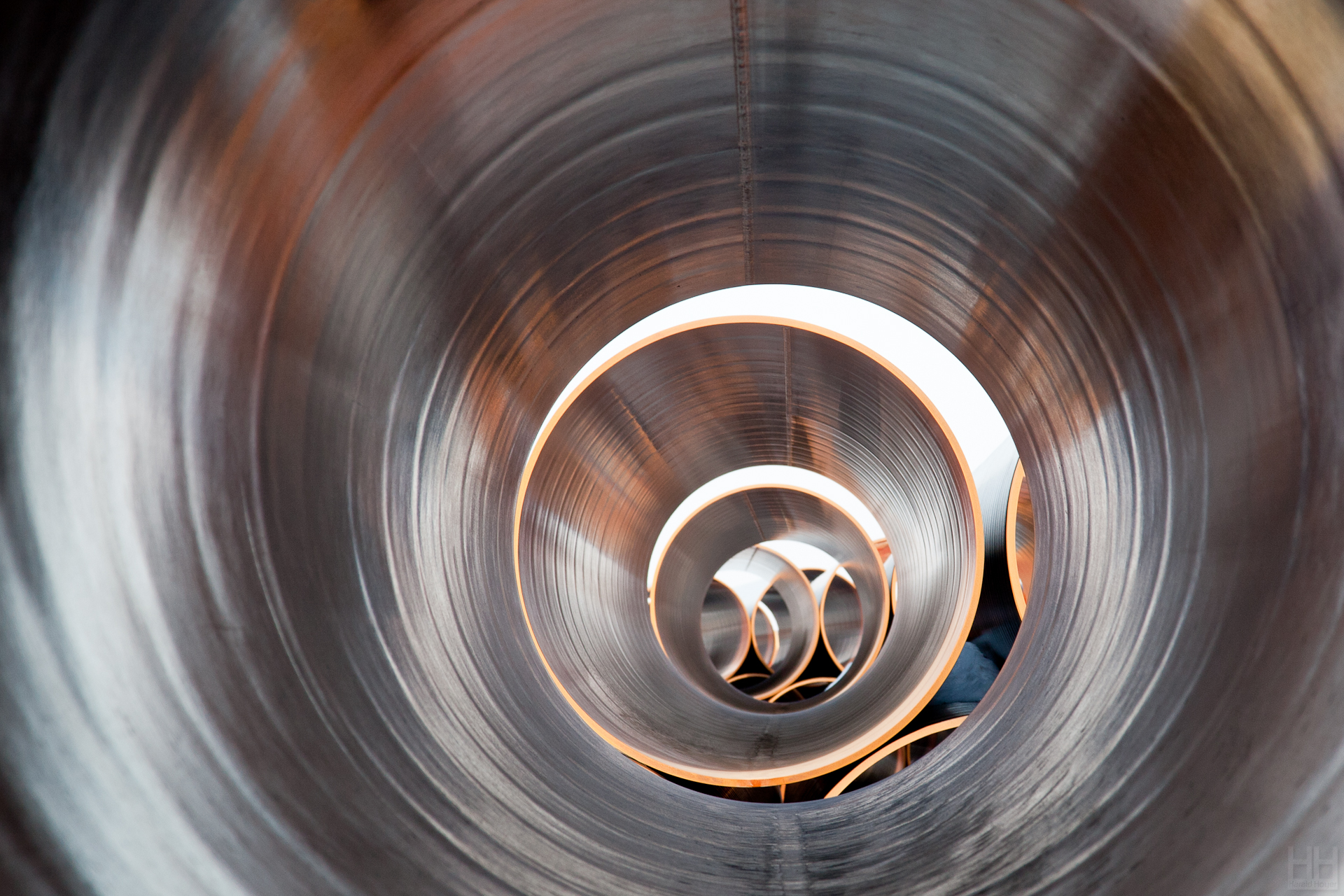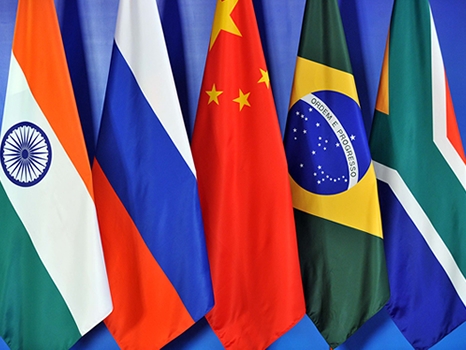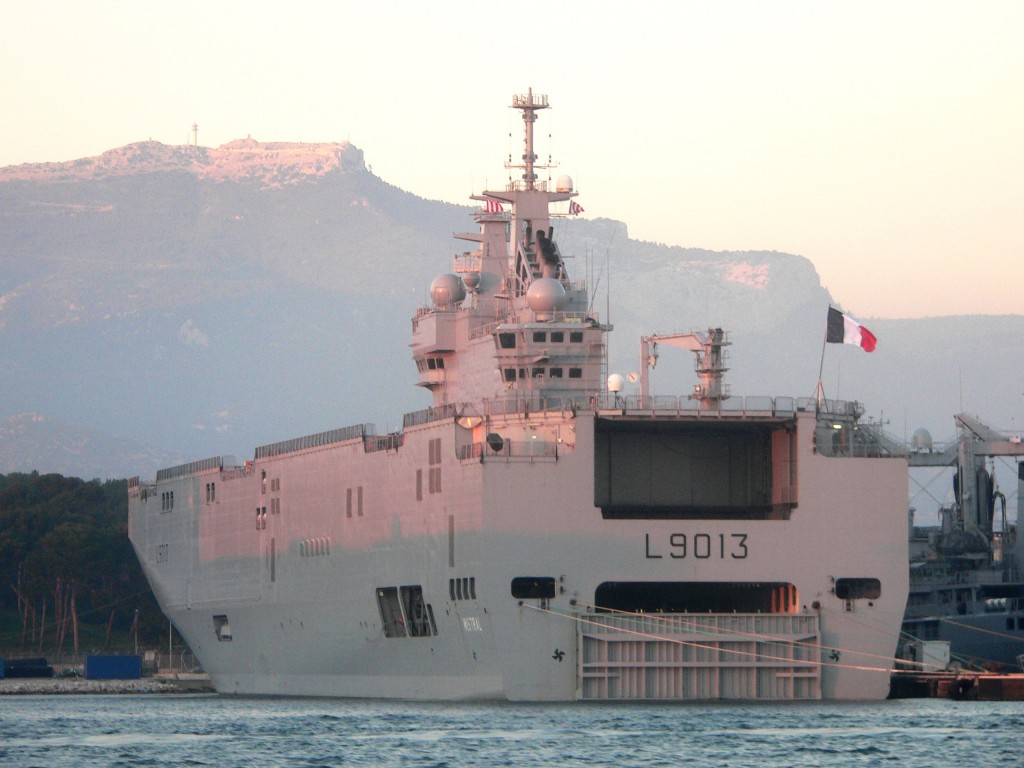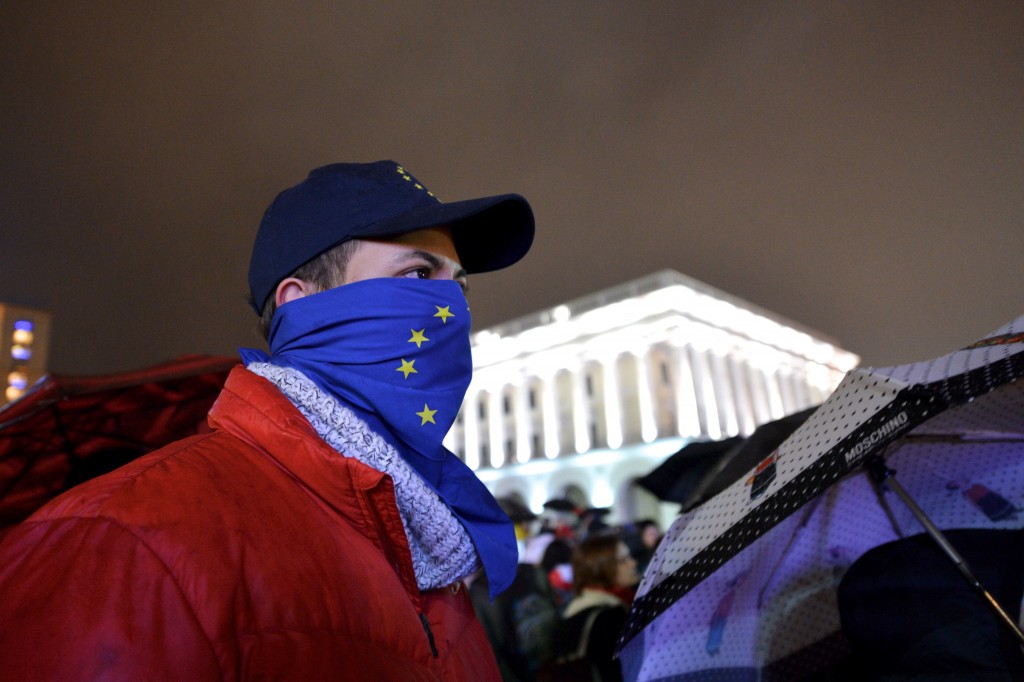The international community breathed a collective sigh of relief on 23 April when opposition leader Alexei Navalny ended a 24-day hunger strike in prison after finally receiving medical care. Yet ongoing efforts to suspend his political organisation and restrict other fundamental freedoms threaten to cripple Russia’s already deteriorating human rights situation.
On 26 April, the Moscow prosecutor’s office ordered Navalny’s Anti-Corruption Foundation (FBK) and its regional network to suspend all activities, pending a court ruling on whether to designate the opposition group as ‘extremist’.
The move, which would give the authorities the power to arrest FBK staff, supporters, and even crowdfunding donors, was yet another nail in the coffin for the ailing Kremlin critic, who was imprisoned in February on a range of charges shortly after returning from Berlin where he received treatment for Novichok poisoning.
Published on 24-05-21. Read on here

